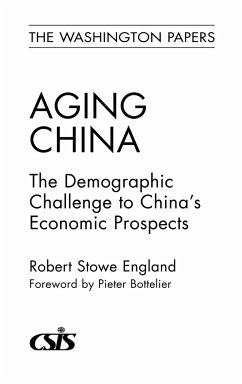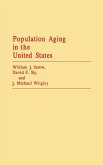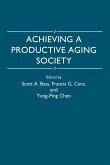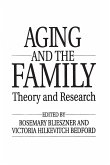China, the world's most populous nation, will enter a period of rapid aging very shortly that will redefine that country. Between 2010 and 2040, the portion of people 65 and older will rise from around 7% to between 25 and 30% of the population. As China ages, can it retain the youthful dynamism now driving it? China, the world's most populous nation, will enter a period of rapid aging very shortly that will redefine that country. Between 2010 and 2040, the number of people 65 and older will rise from around 7% to between 25 and 30% of the population. As China ages, can it retain the youthful dynamism now driving it? This book is an effort to try to capture the broad outlines of the significant economic, market, social, and demographic factors that will shape the future of China and the role that aging will play in the whole mix of influences. Aging in developed societies and economies has been widely studied. In such nations as Japan, Germany, Italy, and Spain, for example, we know that as populations age, their societies decline, leaving fewer younger workers to support the growing number of people who will become dependent on costly health care systems, or whose basic needs, such as food and shelter, will need to be subsidized. But less work has been done in assessing the potential impact of aging in developing countries, where the majority of people may be working poor, not middle class-as in the case of China. As China restructures its economy, the old benefits packages previously available to urban workers (and not rural workers) are being replaced by a patchwork of benefits across a wide range of enterprises.
Hinweis: Dieser Artikel kann nur an eine deutsche Lieferadresse ausgeliefert werden.
Hinweis: Dieser Artikel kann nur an eine deutsche Lieferadresse ausgeliefert werden.








